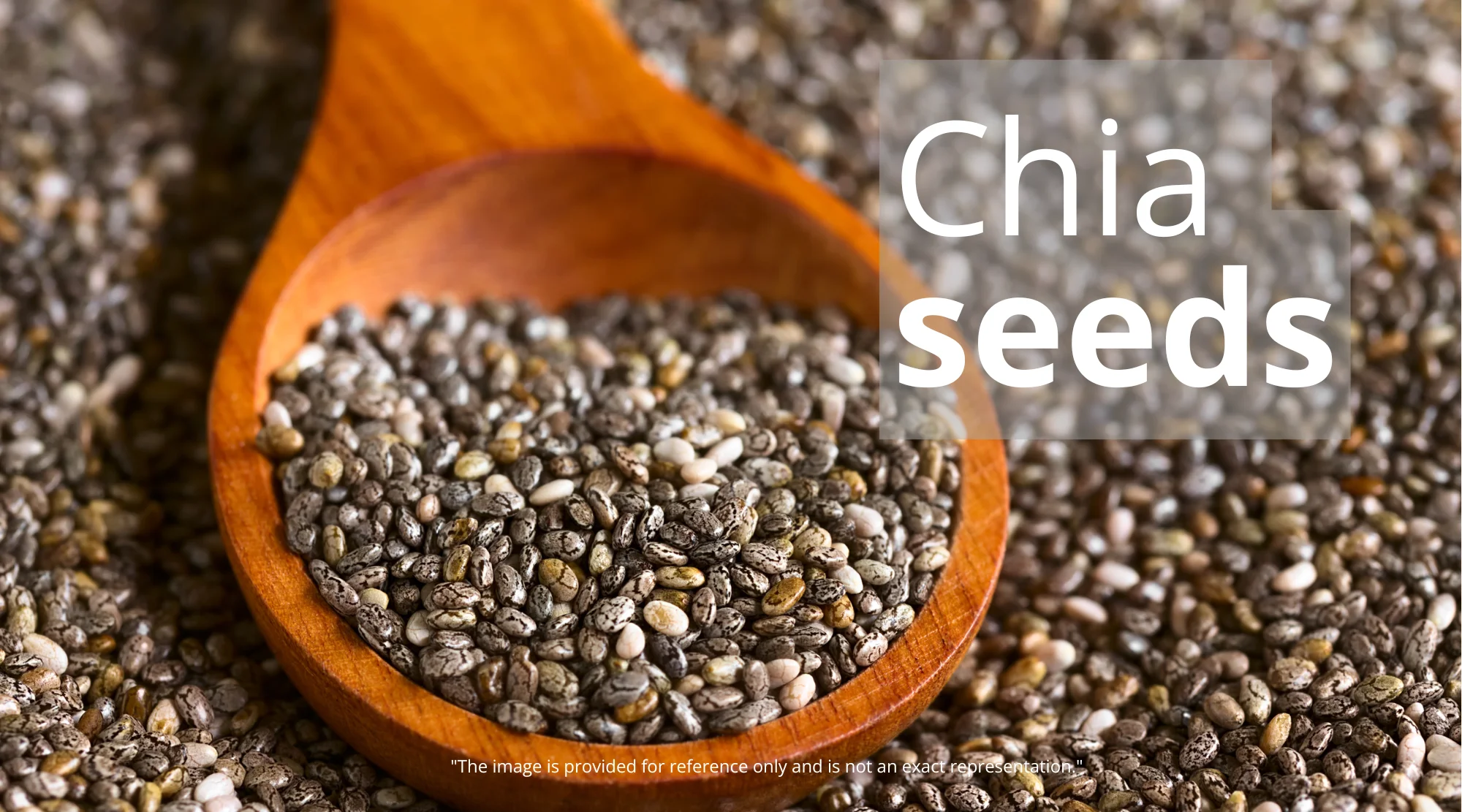Are you seeking to reduce inflammation through diet and enjoy delicious meals at the same time? Discover how easy it can be to incorporate anti-inflammatory foods into your daily routine with our guide to easy anti-inflammatory dinners. This article provides simple, tasty recipes and essential tips for embracing a healthier lifestyle through mindful eating.
The Mediterranean diet, celebrated for its health benefits, focuses on fresh, whole foods known for their anti-inflammatory properties. This approach can help reduce the risk of chronic diseases and improve overall well-being. Ready to transform your dinners and your health? Let’s dive in!
Why Choose Anti-Inflammatory Dinners?
Chronic inflammation is a silent threat, linked to a host of health problems including heart disease, diabetes, arthritis, and even some cancers. Choosing easy anti-inflammatory dinners is a proactive step towards combating this threat. These meals are packed with nutrients that help reduce inflammation, support your immune system, and boost your overall health.

An anti-inflammatory diet isn’t about deprivation; it’s about abundance. It emphasizes colorful fruits and vegetables, lean proteins, healthy fats, and whole grains. It’s a delicious and sustainable way to nourish your body and protect it from the damaging effects of chronic inflammation.
The Power of the Mediterranean Diet
The Mediterranean diet is often touted as one of the healthiest dietary patterns in the world. Its foundation is built on anti-inflammatory foods like olive oil, fish, nuts, seeds, fruits, and vegetables. This diet is not only flavorful but also incredibly beneficial for reducing inflammation and promoting heart health. Learn how food protects your brain by reading more about the Mediterranean Diet and Alzheimer’s.
Following the Mediterranean diet can lead to:
- Reduced risk of heart disease
- Improved brain function
- Lower inflammation levels
- Better weight management
Consider the impact of daily food choices on your longevity and well-being to transform your health.
Key Anti-Inflammatory Ingredients for Your Dinners
To create easy anti-inflammatory dinners, focus on incorporating these key ingredients:
- Olive Oil: Extra virgin olive oil is rich in antioxidants and healthy fats, making it a cornerstone of the Mediterranean diet.
- Fatty Fish: Salmon, tuna, and mackerel are excellent sources of omega-3 fatty acids, known for their potent anti-inflammatory effects.
- Leafy Greens: Spinach, kale, and collard greens are packed with vitamins, minerals, and antioxidants that fight inflammation.
- Berries: Blueberries, strawberries, and raspberries are high in antioxidants and polyphenols, which help reduce inflammation.
- Nuts and Seeds: Almonds, walnuts, flaxseeds, and chia seeds provide healthy fats and fiber, contributing to an anti-inflammatory diet. Read more about the benefits of chia seeds.
- Turmeric: This spice contains curcumin, a powerful anti-inflammatory compound.
- Ginger: Known for its anti-inflammatory and antioxidant properties.
Simple Recipes for Anti-Inflammatory Dinners
Let’s explore some easy anti-inflammatory dinners that are both delicious and quick to prepare:
Salmon with Roasted Vegetables: Season salmon fillets with olive oil, lemon juice, and herbs. Roast alongside a medley of colorful vegetables like bell peppers, broccoli, and zucchini.
Chicken and Vegetable Stir-Fry: Stir-fry chicken breast with a variety of vegetables like snap peas, carrots, and mushrooms. Use a base of olive oil and add ginger and garlic for extra flavor.
Lentil Soup: A hearty and nutritious soup made with lentils, diced vegetables, and aromatic spices. Lentils are a great source of plant-based protein and fiber.
Quinoa Salad with Chickpeas and Avocado: Combine cooked quinoa with chickpeas, diced avocado, cucumber, tomatoes, and a lemon-tahini dressing.
Turkey Meatballs with Zucchini Noodles: Make turkey meatballs seasoned with herbs and spices. Serve over zucchini noodles with a tomato-based sauce.
Tips for Making Anti-Inflammatory Cooking Easier
Incorporating easy anti-inflammatory dinners into your routine doesn’t have to be complicated. Here are some helpful tips:
- Plan Your Meals: Spend some time each week planning your dinners. This will help you shop efficiently and avoid last-minute unhealthy choices.
- Prep Ingredients in Advance: Chop vegetables and prepare marinades ahead of time to save time during the week.
- Batch Cook: Make larger portions of soups, stews, and grains to use for multiple meals.
- Embrace Leftovers: Leftovers can be a lifesaver for busy weeknights.
- Keep it Simple: Don’t feel like you need to create elaborate meals. Simple recipes with fresh ingredients can be just as effective and delicious.
The Importance of Gut Health
Gut health plays a significant role in inflammation. A healthy gut microbiome can help reduce inflammation throughout the body, while an imbalanced gut can contribute to it. Optimize your health with the right fiber for weight loss and gut health. To support your gut health, consider these tips:
- Eat Fermented Foods: Yogurt, kefir, sauerkraut, and kimchi contain probiotics that promote a healthy gut microbiome.
- Consume Prebiotic-Rich Foods: Onions, garlic, bananas, and asparagus contain prebiotics that feed beneficial gut bacteria.
- Limit Processed Foods: Processed foods can disrupt the gut microbiome and contribute to inflammation.
Beyond Diet: Lifestyle Factors for Reducing Inflammation
While easy anti-inflammatory dinners are crucial, remember that lifestyle factors also play a significant role in managing inflammation. Consider these practices:
- Regular Exercise: Exercise has powerful anti-inflammatory effects. Aim for at least 30 minutes of moderate-intensity exercise most days of the week. Walking is a great start; consider how much you really need for health.
- Stress Management: Chronic stress can contribute to inflammation. Practice stress-reducing techniques like meditation, yoga, or spending time in nature. Discover mindful movement techniques to unlock your inner peace and transform your health.
- Adequate Sleep: Aim for 7-9 hours of quality sleep per night. Poor sleep can increase inflammation levels. Learn more about the effects of chronic insomnia on brain health.
- Stay Hydrated: Drinking plenty of water helps flush out toxins and keeps your body functioning optimally.
Debunking Common Inflammation Myths
There are many misconceptions about inflammation and how to manage it. Here are a few common myths debunked:
- Myth: All fats are bad for inflammation.
- Reality: Healthy fats like omega-3s and monounsaturated fats are anti-inflammatory.
- Myth: You need to eliminate all carbohydrates to reduce inflammation.
- Reality: Focus on whole grains and complex carbohydrates while limiting refined carbs and sugars.
- Myth: You need to follow a strict diet to see results.
- Reality: Small, consistent changes can make a big difference in reducing inflammation over time.
Long-Term Benefits of an Anti-Inflammatory Diet
Adopting an anti-inflammatory diet, rich in easy anti-inflammatory dinners, offers numerous long-term health benefits. These include:
- Reduced risk of chronic diseases like heart disease, diabetes, and arthritis
- Improved brain health and cognitive function. Discover proven strategies to protect your mind and boost cognitive function.
- Enhanced immune function
- Better weight management
- Increased energy levels and overall well-being
Making it a Family Affair
Encouraging your family to embrace easy anti-inflammatory dinners can have a ripple effect on everyone’s health. Here are some tips for getting your family on board:
- Involve Them in Meal Planning: Ask for their input on recipes and ingredients.
- Cook Together: Make cooking a fun and interactive activity.
- Lead by Example: Demonstrate the benefits of eating healthy by making nutritious choices yourself.
- Be Patient and Flexible: It may take time for everyone to adjust to new eating habits.
Conclusion: Embrace the Power of Anti-Inflammatory Eating
Incorporating easy anti-inflammatory dinners into your diet is a powerful step towards improving your health and well-being. By focusing on whole, nutrient-rich foods and making gradual lifestyle changes, you can reduce inflammation, protect yourself from chronic diseases, and enjoy a more vibrant and fulfilling life. Start small, stay consistent, and savor the delicious journey to better health.














1 comment